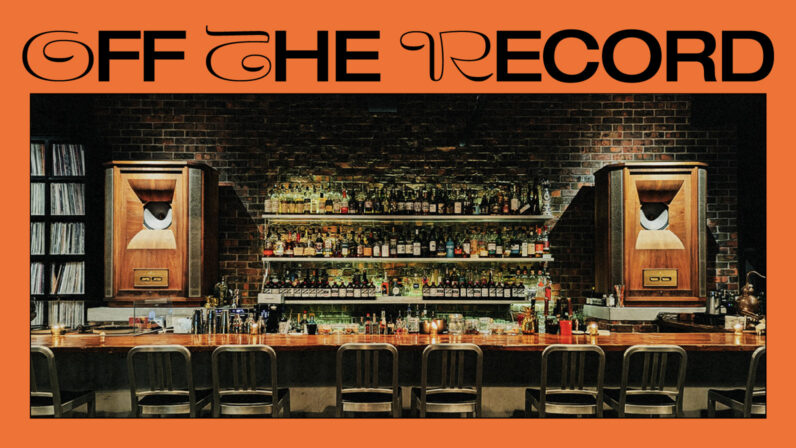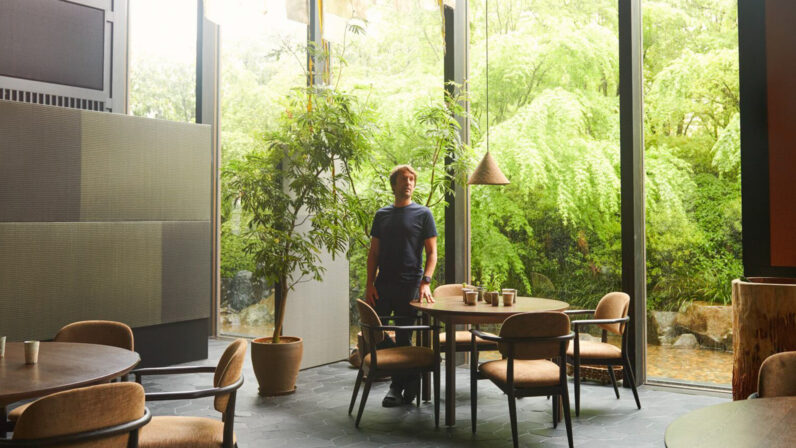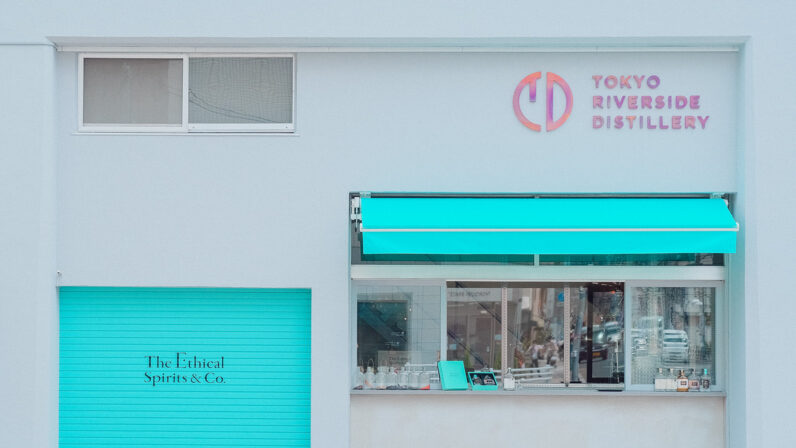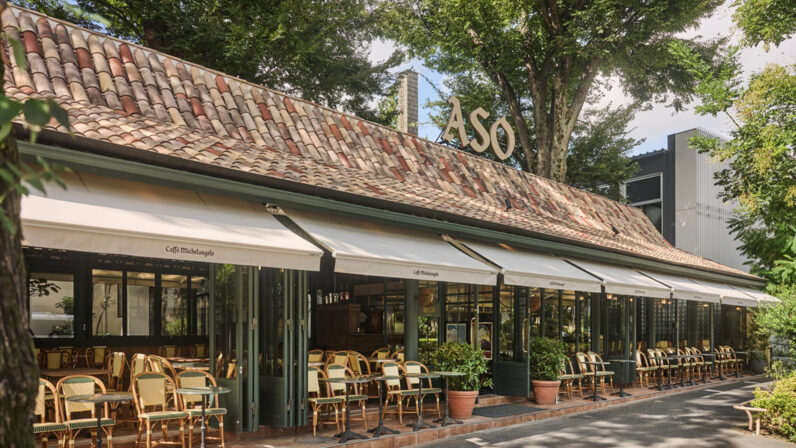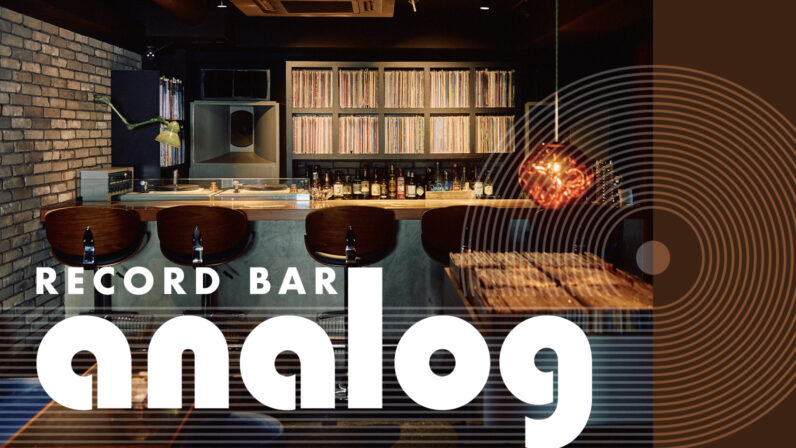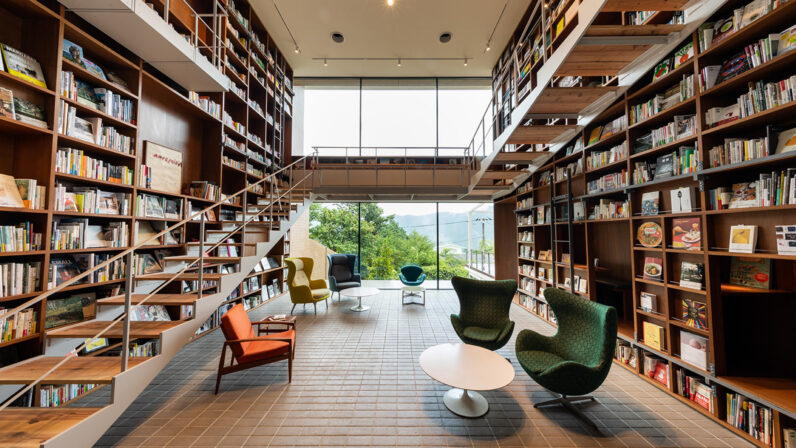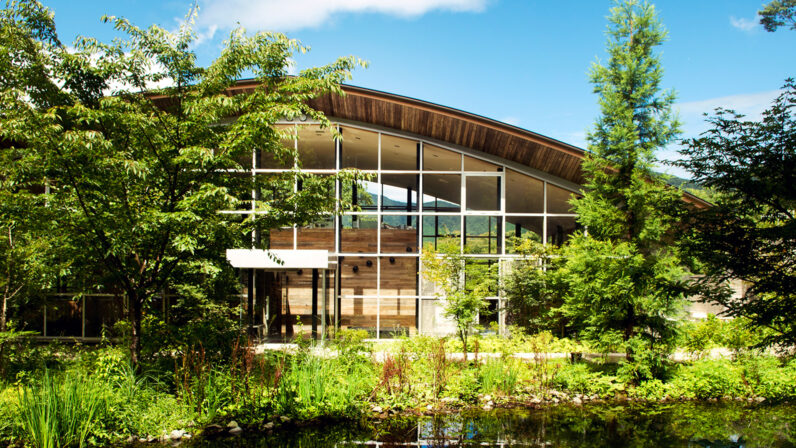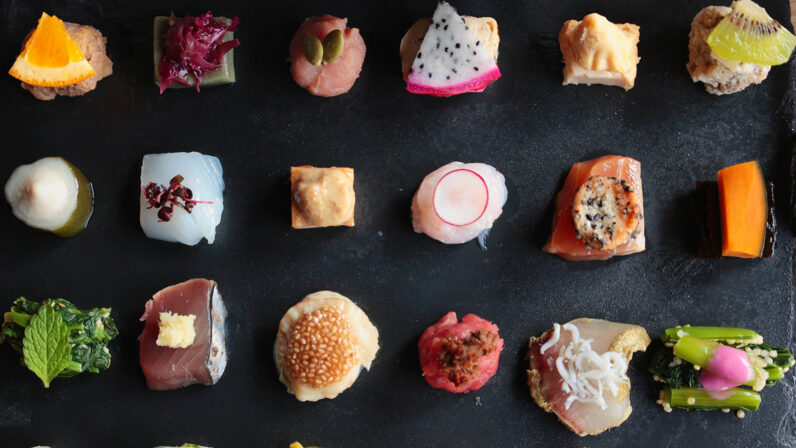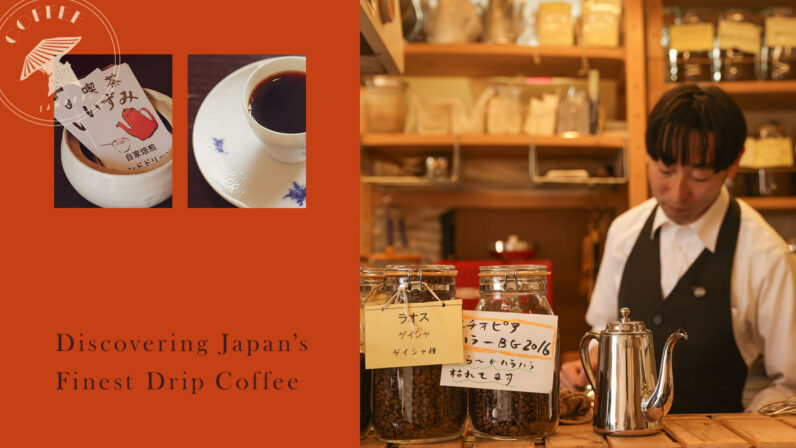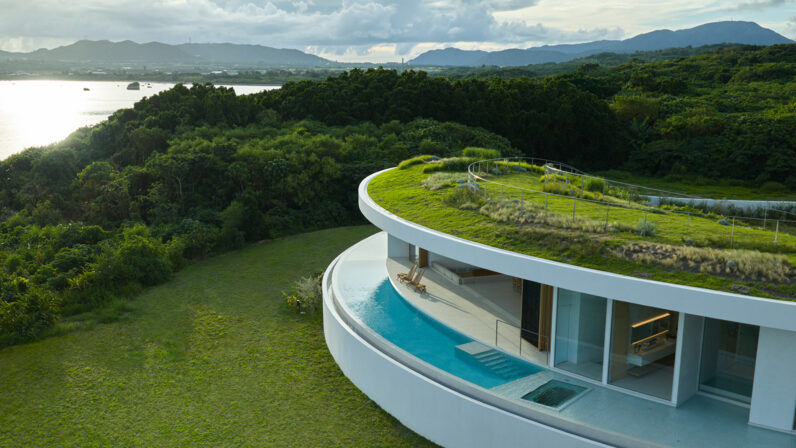In Japan, there are coffee shops that are dedicated to exploring the art of home roasting raw coffee beans, and using the hand-drip method to extract maximum flavor. In this series, we’ll be taking you on a journey to discover these exceptional places, where the passionate philosophy of the shop owners adds an extra layer of flavor. In our first installment, we meet Katsuji Daibo, who was once cherished by coffee aficionados in Omotesando at the Daibo Coffee Shop. Seeking a deeply roasted brew, we pay a visit to his home coffee room.
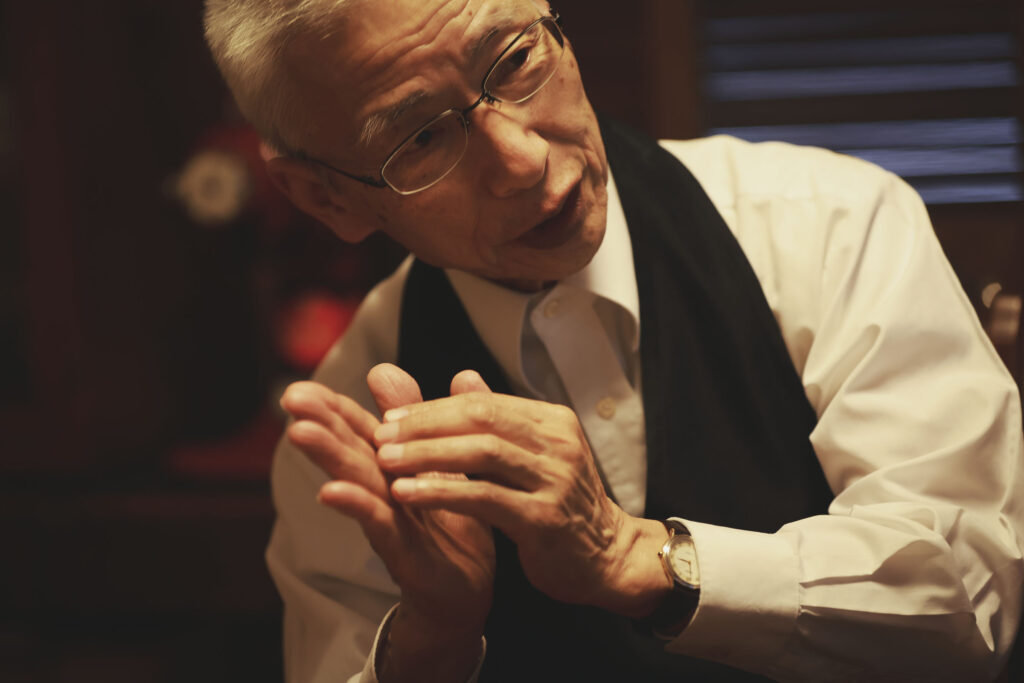
PROFILE
Katsuji Daibo was born in 1947 in Morioka, Iwate Prefecture. He ran Daibo Coffee Shop from its opening in 1975 until its closure in 2013, where he focused on home roasting and Nel drip brewing. Nowadays, he travels across the country with his coffee shop.
The Coffee Silently Crafted as Daibo’s Own
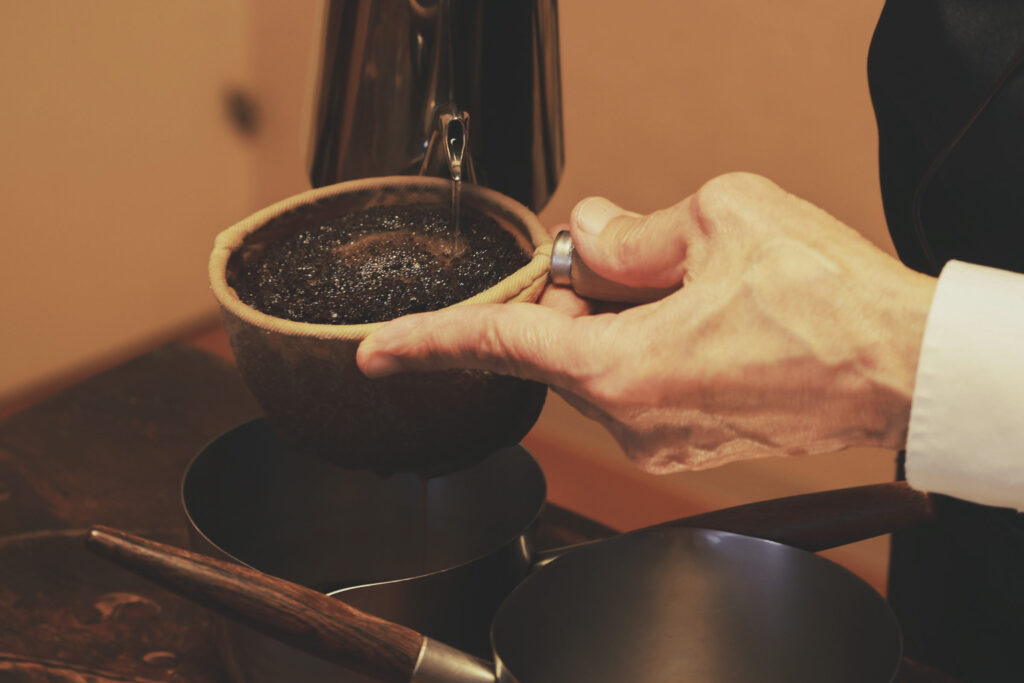
When Mr. Daibo pours the water, it’s as if life is infused into the coffee in the Nel drip. When witnessing it, you can’t help but be drawn in.
Are you familiar with the 2014 film ‘A Film About Coffee’? It’s a documentary that travels to five cities leading the world’s coffee culture, delving into the philosophy and work of professionals who dedicate their lives to crafting the ‘ultimate cup.’ One of the individuals featured is Katsuji Daibo, who has enamored coffee enthusiasts for 38 years. When he pours water into the Nel drip, it’s as if fresh droplets line up like raindrops on a spider’s web after the rain – a sight so beautiful it’s etched in memory.
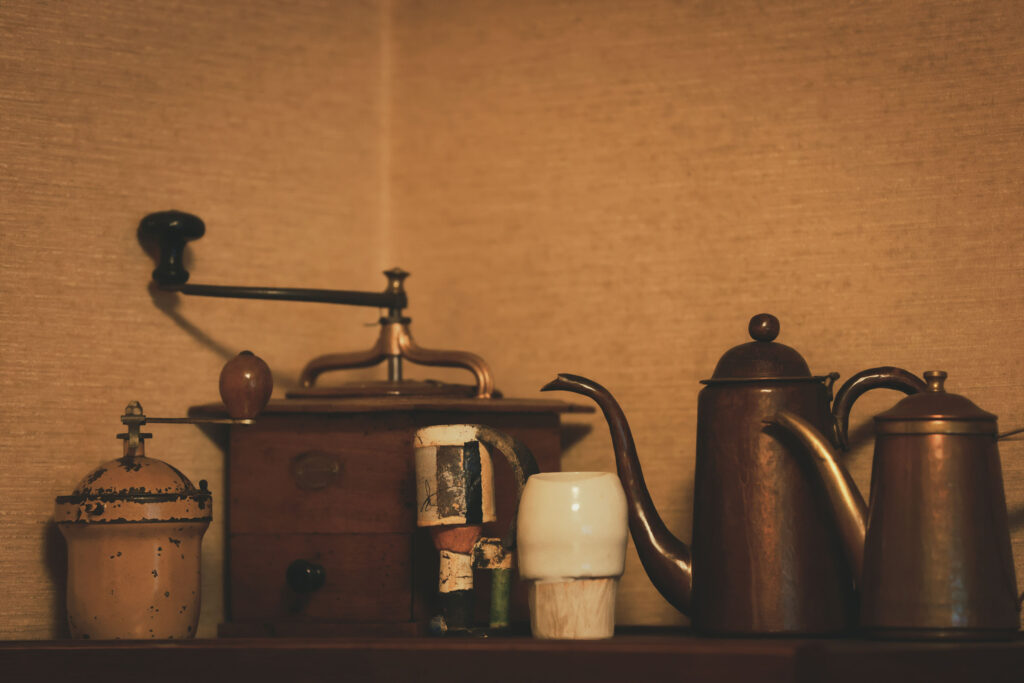
The tools that were once cherished in the shop now stand still in the coffee room at home, frozen in time.
After more than a decade, I sit in Mr. Daibo’s home coffee room, and as I watch him pour each drop into the Nel drip, memories flood back. It takes me back to my first visit to Daibo Coffee Shop. It was over twenty years ago when, walking along Aoyama Street, I was drawn to a rustic wooden sign. Without much thought, I pushed open the door, instantly captivated by the atmosphere. The aroma of freshly roasted coffee mingling with sunlight filled the shop, adding a dramatic touch to its mature, serene ambiance, reminiscent of a tranquil scene straight out of a movie. It was as if the host, Mr. Daibo himself, sensed my uncertainty, warmly welcoming me with a calm voice and gentle, inviting eyes as I took a seat.
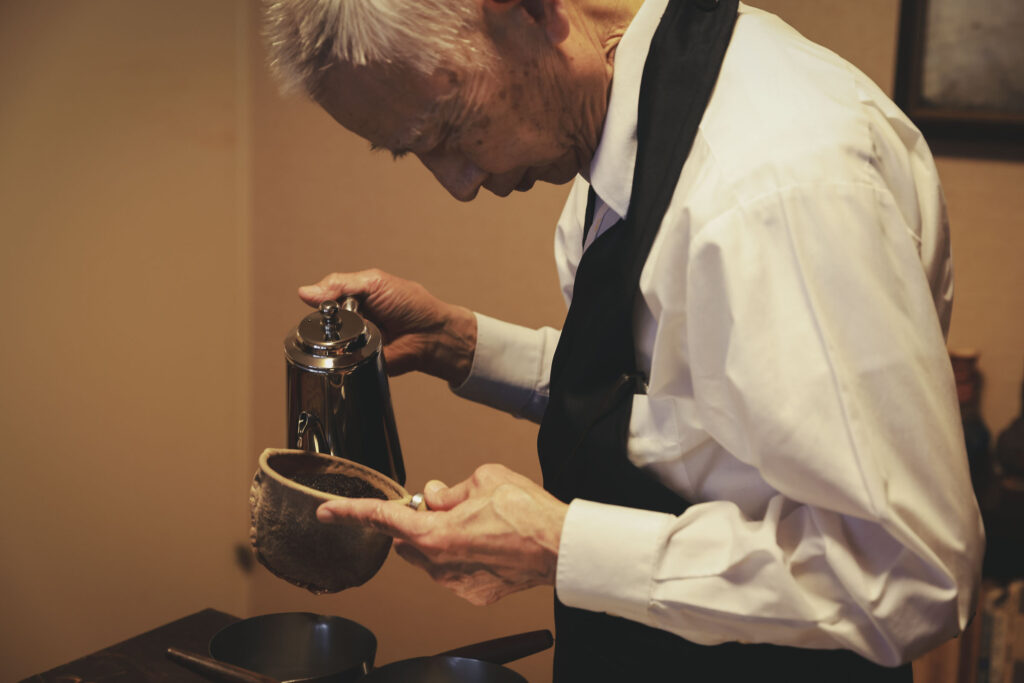
The moment the water drips, the instant it meets the coffee creating a subtle reaction, and Mr. Daibo’s focused gaze all merge into one. It’s as if time stands still until the drip is complete.
The poised owner, clad in a crisp white shirt, brewed coffee methodically, drop by drop, as if performing a special ritual. After finishing the preparations for a cup, he retreated behind the counter to read a book. The coffee, sipped with anticipation, had a uniquely deep flavor unlike any I had tasted elsewhere. Intrigued by this rich experience within the refined setting, I visited the shop several times thereafter. However, one time when I tried to return again, it had sadly already closed, leaving my yearning unfulfilled. These feelings prompted me to seek an interview with Mr. Daibo and kick off this series.
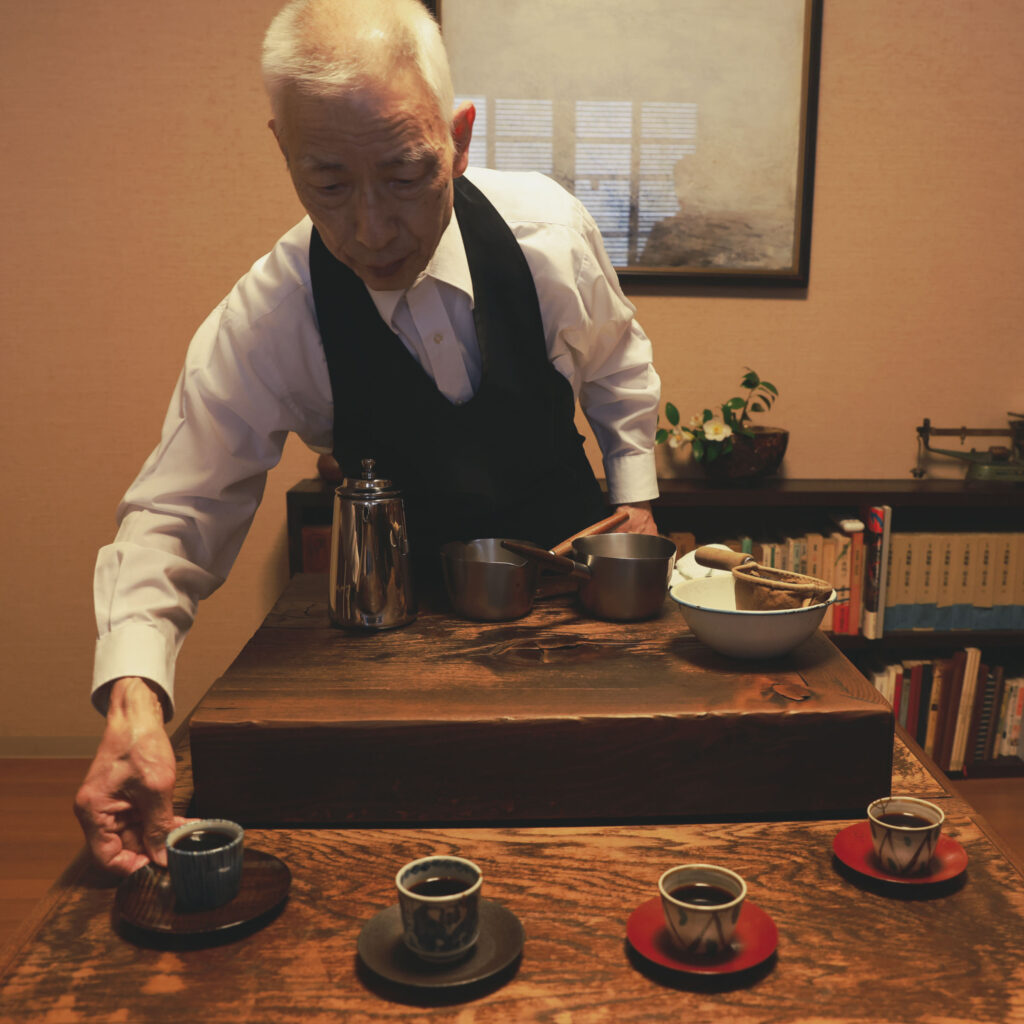
On that day, I had Blend No. 4 — a highly concentrated cup made with 25g of beans to extract 50cc of coffee. Served in a small cup reminiscent of a demitasse, the flavor was just as I remembered from that time.
Mr. Daibo, who emphasizes that “roasting is everything” in coffee, personally handled the roasting process from the shop’s founding in 1975 until its closure in 2013, never once entrusting the process to anyone else. His ideal flavor profile involves roasting to an extreme depth, producing a dark roast that balances bitterness with sweetness. “From the early stages of considering opening a shop, I knew the exact roast point that I personally found truly delicious. However, even though I understood it intellectually, the nuances of manually-operated roasters never remain consistent. It’s an endless process of fine-tuning every day…a ‘roasting life’ of making continuous adjustments.”
Every morning at 7 o’clock, the roasting process begins, taking a full five hours to roast 1 kilogram of beans eight times. This reflects Mr. Daibo’s approach and roasting philosophy. Setting his own standard, he aims for a roast level where the natural acidity of the green beans nearly disappears around [7.0]. For beans from four different origins—Ethiopia, Guatemala, Colombia, and Tanzania—he adjusts the roasting to match their unique characteristics, targeting [6.8], [6.9], [7.0], and [7.1], respectively. The scale indicates that higher numbers result in stronger bitterness.
When the shop opened initially, Mr. Daibo boldly started producing roasts below [7.0], diverging from the conventional practice of completely eliminating acidity. By intentionally introducing controlled levels of acidity, he achieved a blend with a delicate gradient ranging from [6.8] to [7.1]. “Roasting is all about incorporating acidity. By including roasts with just a hint of it, a lightness with a floating balance of bitterness and sweetness emerged,” explains Mr. Daibo. Within this narrow range down to the decimal points, the most subtle flavors come and go.
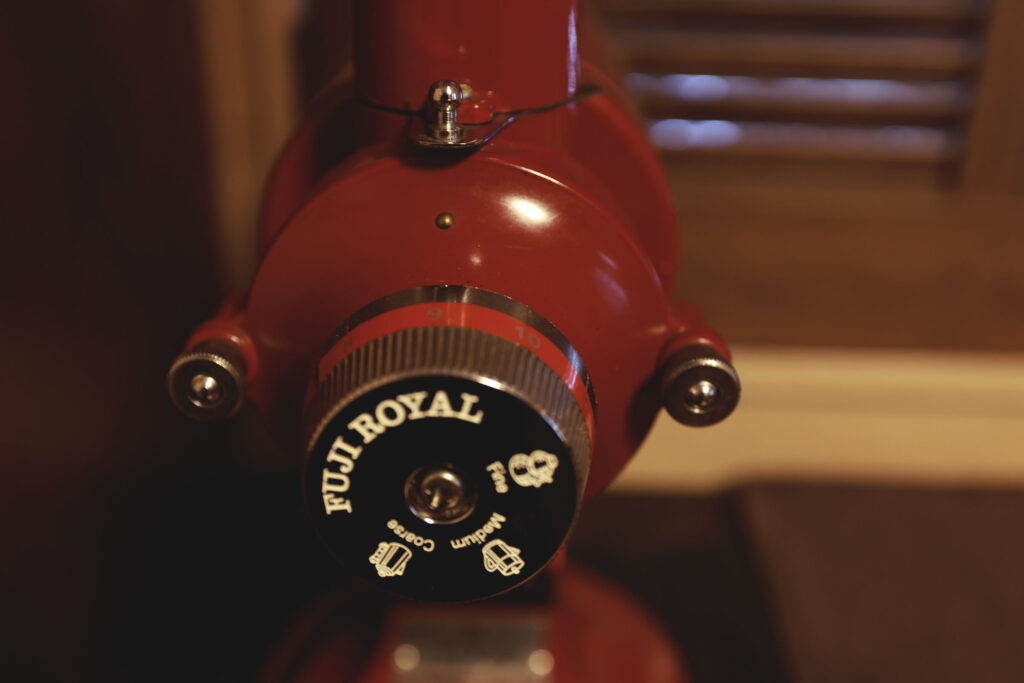
Mr. Daibo explains, “The grind size should have some visible particles of about 1.5 to 2mm. There should also be some variance. I determine it with my eyes rather than relying solely on the machine’s settings.”
“Each moment is a challenge, and every day is a pursuit. There’s no real proof that this standard is correct. I simply found a point within this range of [6.8] to [7.1] that I truly thought was ‘delicious.’ I’ve continued every day, hoping that more people would gradually embrace it, even if only a little,” he explained. The delicate roasting process took place not in a special location, but on a small gas burner inside the shop. The jade-colored green beans transformed into a dark brown as they were roasted repeatedly, meticulously monitored for the perfect timing. “I judge my roasting by looking at the color, using my eyes. Once the beans are in the heat, even a slight timing mistake can’t be undone. I always approach it with a sense of ‘doing it for the first time,'” he said. As a result, the brewed cup exhibits an intriguing sweetness that surpasses its rich bitterness. To quote Mr. Daibo, “Sweetness envelops bitterness, or bitterness melts into sweetness.” The subtle sweetness brings a smile to the lips, while the slight bitterness evokes a pleasant and soothing sensation. Mr. Daibo considered this to be the “virtue of coffee.”
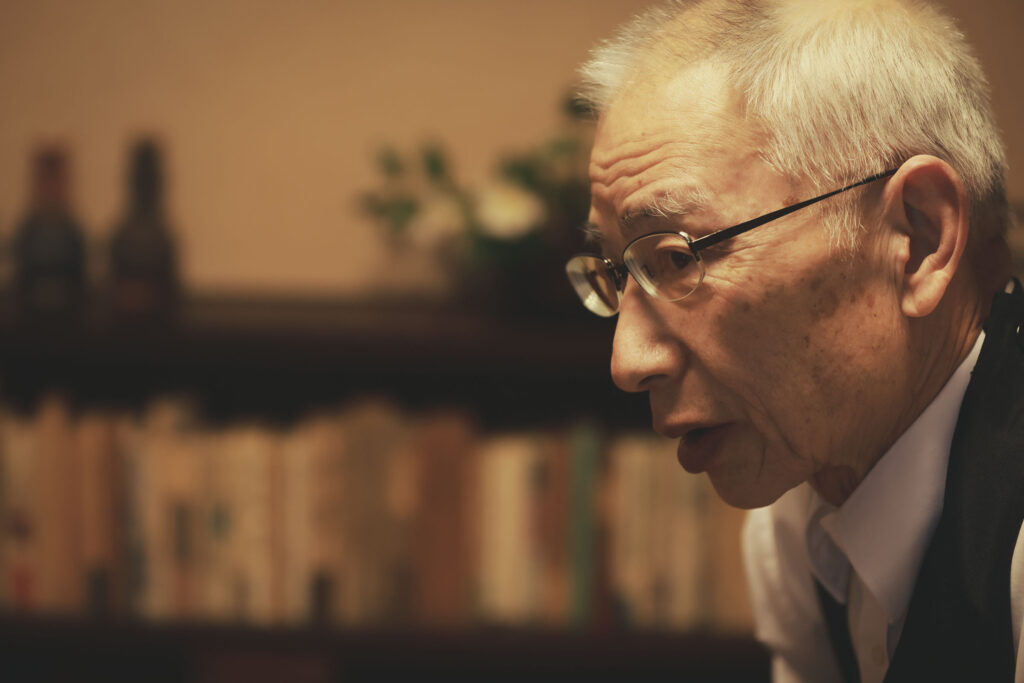
“Anyone can brew coffee, but when it comes to roasting, it’s all about judging with your own eyes.”
I remember a certain writer once shared thoughts about their writing process: “When you engage in self-imitation and repeatedly write similar works, you become accustomed to the task, finding it easier and refining your technique. This may seem like developing a skilled and professional approach, but at the same time, it feels like something essential is gradually being lost. If possible, I want to maintain a perpetual sense of amateurism, preserving a rough, unpolished quality.” Perhaps Mr. Daibo approached roasting with a similar mindset. He aimed to continually explore the essence of coffee…never setting limits for himself and asserting that he hadn’t yet fully matured—perhaps that’s what defines a true professional.

The hands that have operated the manual roaster and consistently held the pot impart a sincere, authentic flavor.
In fact, even now without a physical shop, Mr. Daibo continues to roast once a week. Among these rare beans, 1 kilogram is reserved for Mr. Daibo and his wife to enjoy daily. Another kilogram is wholesaled to ‘Azumaya,’ a retailer that sells Mr. Daibo’s favorite pots and Nel drip makers. The remaining kilogram is gifted to former customers and close acquaintances, with Mr. Daibo describing this act of ‘casually gifting’ as something done surreptitiously. The term ‘casually gifting’ reflects Mr. Daibo’s modest and thoughtful approach to relationships, avoiding any sense of formality or obligation.
Stay tuned for Part Two, which will delve into the welcoming atmosphere of Daibo Coffee Shop and the warmth of his interactions with customers.
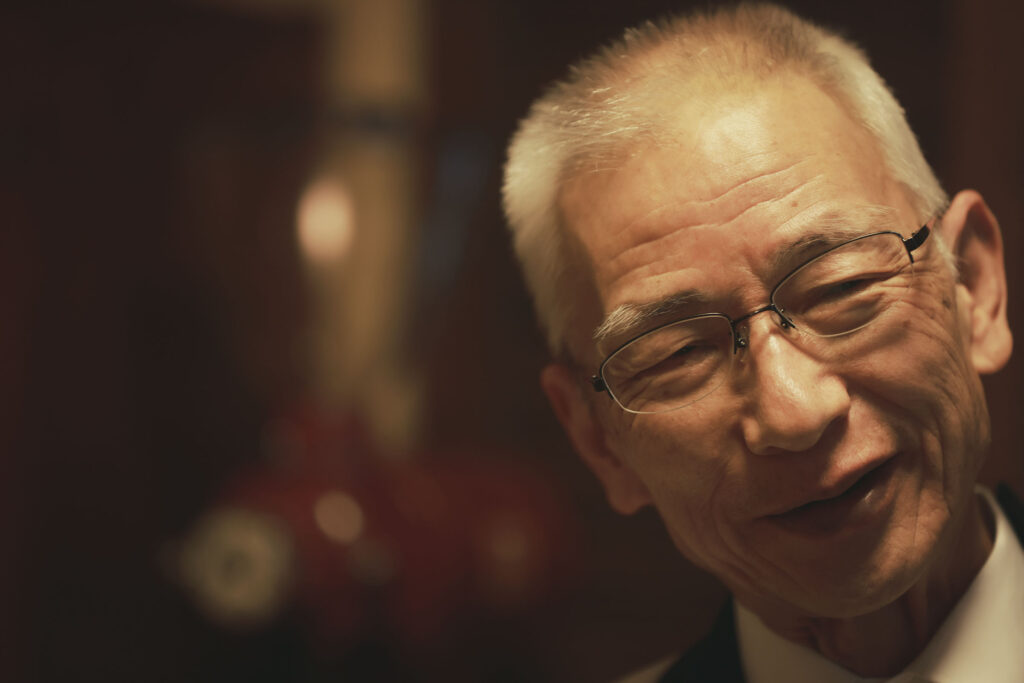
The sudden smile he shows is like a teaspoon of sweetness expressed by a rich, dark roasted coffee.
To purchase Katsuji Daibo's coffee beans, please contact:
Azumaya: contact@azmaya.co.jp
(Sales quantities and frequencies are not set, so please inquire if you wish to purchase.)
Daibo Coffee Goods
https://azmaya.co.jp/item/youto/daidokoro/daibokohi
■Part 2



